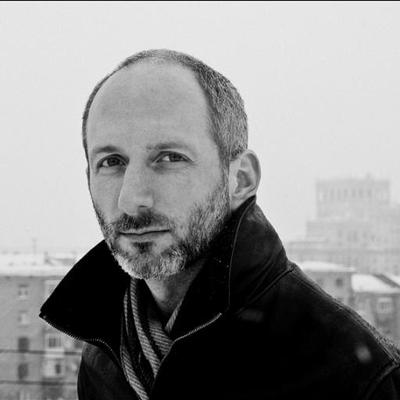So, I wrote last week that Putin is fighting two wars: one in Ukraine, and another against his own public.
Scratch that: he's fighting four. The other two are a political battle with his own elite, and a geo-economic war on some of Russia’s closest allies.
(Another 🧵)
For the full story without the Twitter cacophony, see this week's TL;DRussia. Highlights follow below.
https://t.co/Px3Q5zdNNo
The contours of Putin's fight with the Russian elite are detailed here:
https://t.co/74DGp7YtGT
In a nutshell, cutting the elite off from the West deprives them of power, turning them from “the protected constituents of a powerful political system” into “expendable salarymen and managers”, cementing a system in which the elite serve Putin, rather than the other way around.
For a related take, see @MarkGaleotti's piece last weekend:
https://t.co/n6IyE0eHvi
While I’m not arguing that a palace coup is likely, if there are any circumstances that might lead to one, these are they.
But Russia’s high and mighty aren’t the only erstwhile friends of Putin who didn’t exactly sign up for (relative) penury and pariah status.
Russia’s partners in the Eurasian Economic Union — Armenia, Belarus, Kazakhstan and Kyrgyzstan — now find themselves locked in a customs union with a country seemingly hell-bent on isolating its economy from the richest countries in the world.
The currencies Russia's EEU partners have been hard hit by the war -- much harder than those who have remained outside of the bloc. https://t.co/hx6689t2XX

Now, Putin may be calculating that the role he has played in propping up Pashinyan, Lukashenka and Tokayev will keep them at bay, and he may be right. But those leaders have their own elites and publics to keep at bay, and that may not prove so simple.
All of Russia’s EEU partners have been roiled in recent years by economically driven protest movements, often with the participation of powerful elites. With Russian troops and riot police tied up in Ukraine and at home, there are only so many fires Putin can fight.
To be absolutely clear, the victims of this war are in and increasingly around Ukraine. More than 2 million refugees and countless more displaced, bombarded and besieged.
Tens of millions of people — an entire nation — deprived of the peace and security that are their right. Numbers of innocent victims that we have not yet begun to count.
But with enough support, Ukraine can win this war and its aftermath. The Kremlin and its friends cannot.
Russia’s president once sat atop a system of political and economic governance and a network of diplomatic, trading and investment relationships that, together, transformed Russia’s influence and his own into a truly global phenomenon. All of that is now undone.
